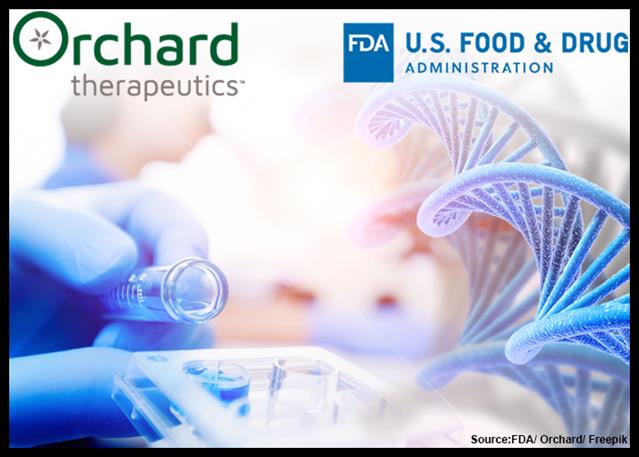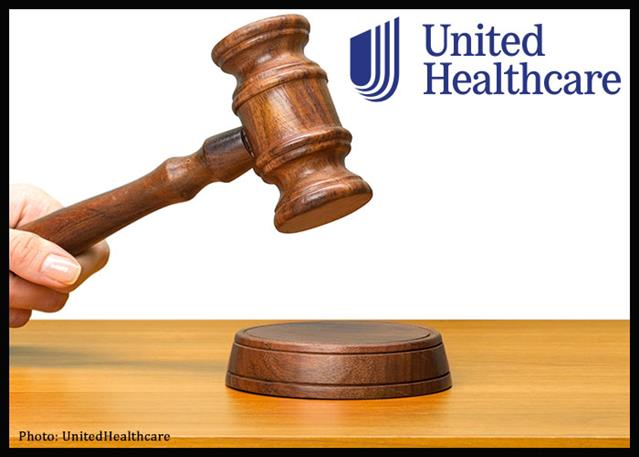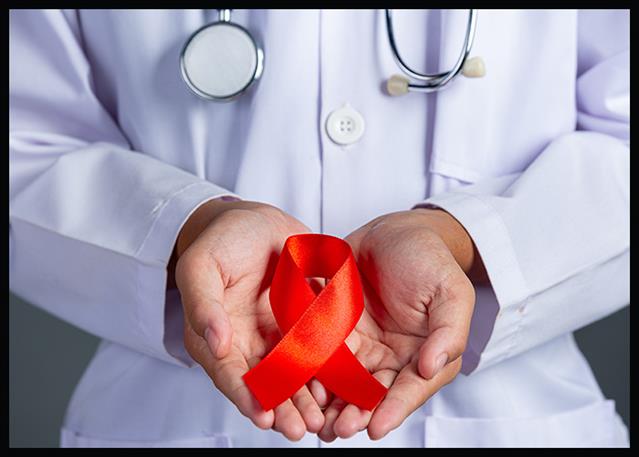
The U.S. Food and Drug Administration approved Lenmeldy (atidarsagene autotemcel) gene therapy to treat children with early-onset metachromatic leukodystrophy or MLD.
Lenmeldy, formerly known as OTL-200, was developed by Orchard Therapeutics, which was acquired recently by Japan-based Kyowa Kirin Co., Ltd. It is marketed in Europe under the brand name Libmeldy.
With the approval, Lenmeldy became the first FDA-approved gene therapy indicated for the treatment of early-onset MLD in children in the U.S.
Lenmeldy gets the approval for pre-symptomatic late infantile or PSLI, pre-symptomatic early juvenile or PSEJ or early symptomatic early juvenile or ESEJ, collectively referred to as early-onset MLD.
MLD is a rare and life-threatening inherited genetic disease affecting the brain and nervous system. A deficiency of an enzyme called arylsulfatase A or ARSA leads to a buildup of sulfatides (fatty substances) in the cells. This causes damage to the central and peripheral nervous system, manifesting with loss of motor and cognitive function and early death.
There is no cure for MLD, and treatment typically focuses on supportive care and symptom management.
Lenmeldy is a one-time, individualized single-dose infusion made from the patient’s own hematopoietic (blood) stem cells (HSCs), which have been genetically modified to include functional copies of the ARSA gene. The stem cells are collected from the patient and modified by adding a functional copy of the ARSA gene.
The modified stem cells are transplanted back into the patient where they engraft (attach and multiply) within the bone marrow.
In a statement, the company noted that one-time treatment with Lenmeldy has shown the potential to restore enzymatic function to stop or slow disease progression, with up to 12 years of follow-up.
The FDA approval of Lenmeldy is based on data from 37 pediatric patients with early-onset MLD. They received Lenmeldy in two single-arm, open-label clinical studies and in an expanded access program.
Children who received treatment with Lenmeldy were compared to natural history data of untreated children. The primary efficacy endpoint was severe motor impairment-free survival. In children with MLD, treatment with Lenmeldy significantly reduced the risk of severe motor impairment or death compared with untreated children.
Bobby Gaspar, co-founder and chief executive officer of Orchard Therapeutics, said, “MLD is a rapidly progressing, life-limiting and ultimately fatal rare disease that has a devastating impact on afflicted children and their families. This achievement is the culmination of decades of research and development in partnership with our academic and clinical collaborators at the San Raffaele-Telethon Institute for Gene Therapy.”
Lenmeldy was granted Priority Review in September 2023. It was previously given both Rare Pediatric Disease or RPD and Regenerative Medicine Advanced Therapy or RMAT designations from FDA.
In connection with the approval, Orchard Therapeutics received a Priority Review Voucher or PRV, which will be transferred to GSK in accordance with the terms of the original licensing agreement.
In Europe, Lenmeldy/ Libmeldy has been approved by the European Commission, UK Medicines and Healthcare products Regulatory Agency, and Swiss Agency for Therapeutic Products.
For More Such Health News, visit rttnews.com
Copyright © 2024, RTTNews.com, Inc. All Rights Reserved.















